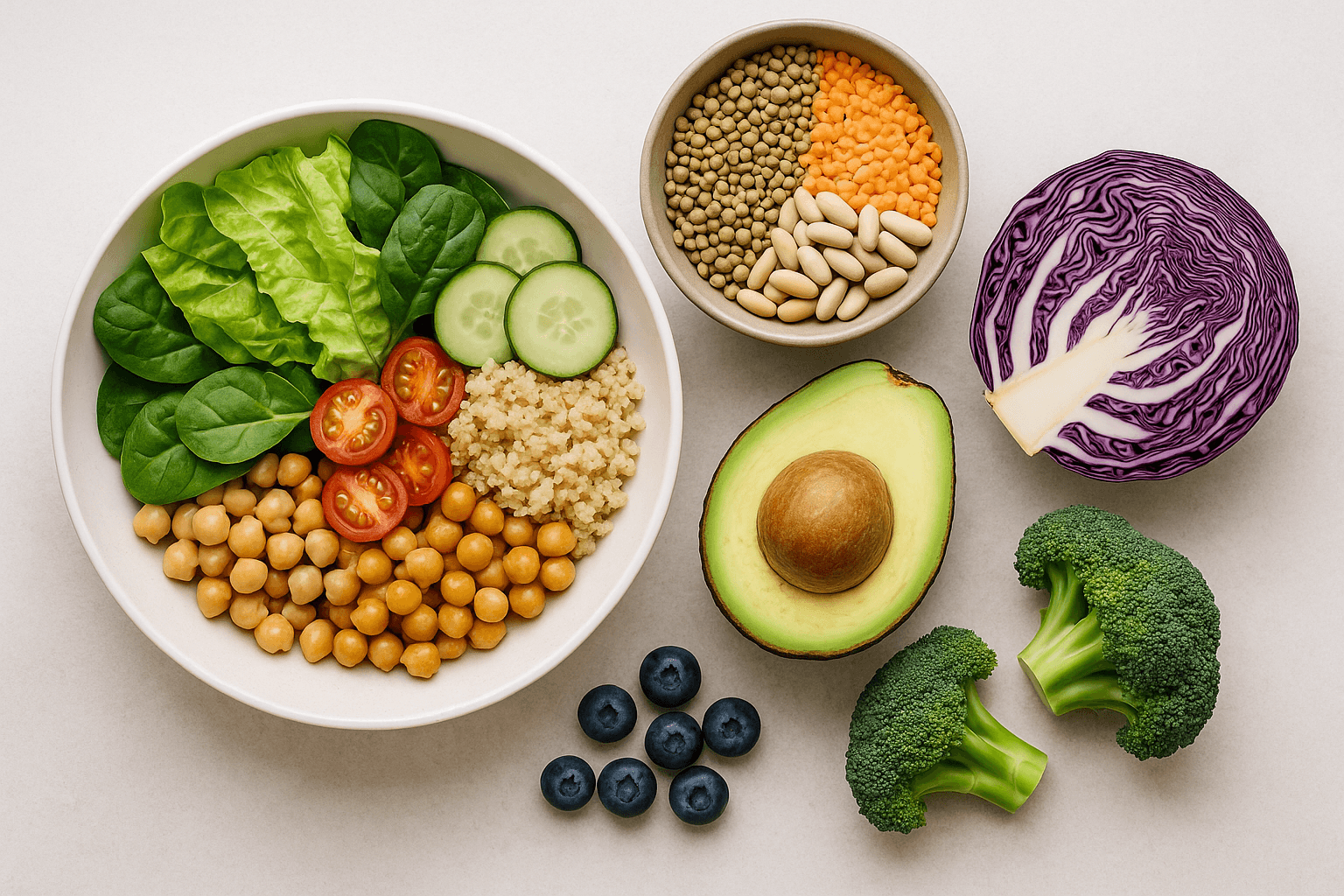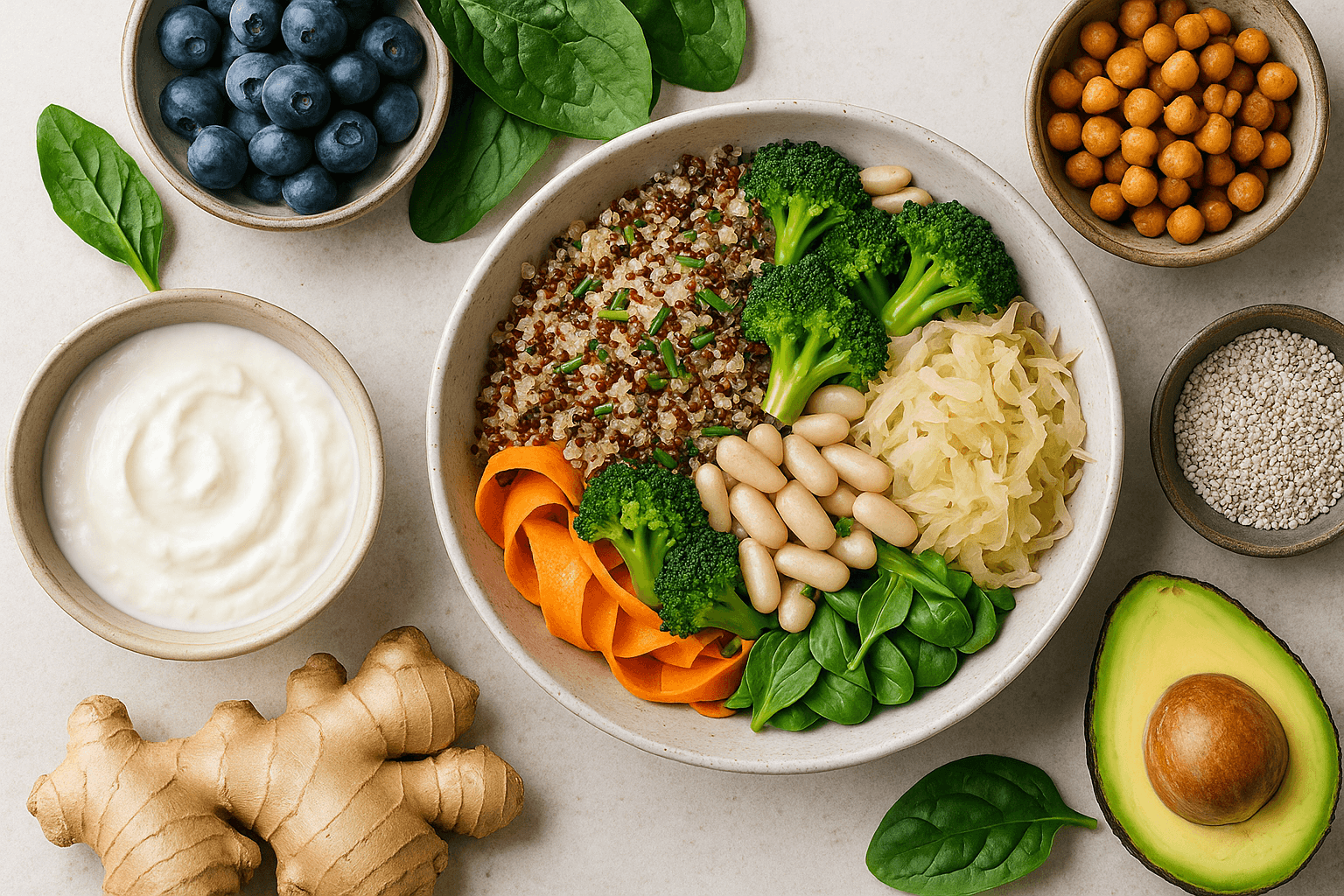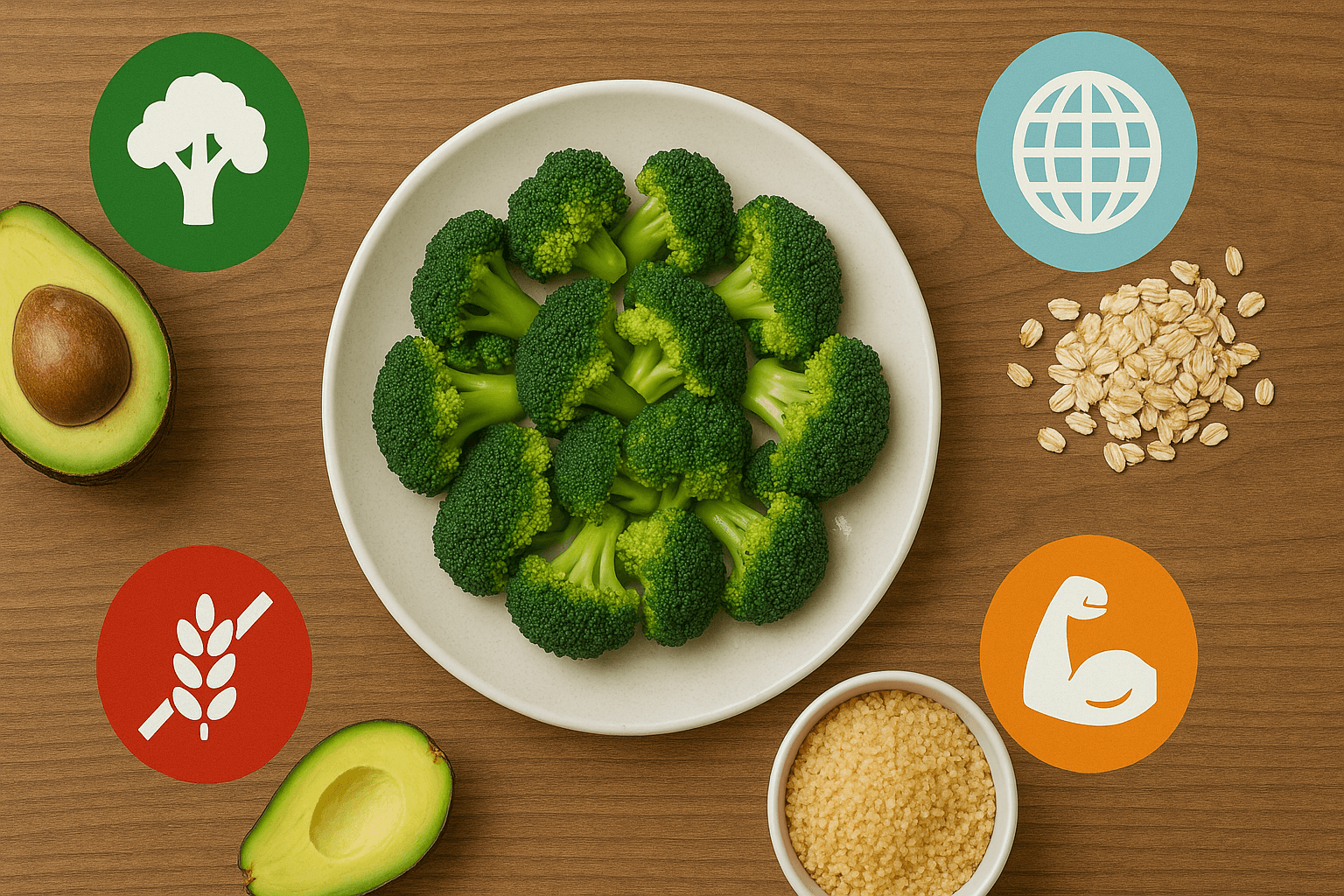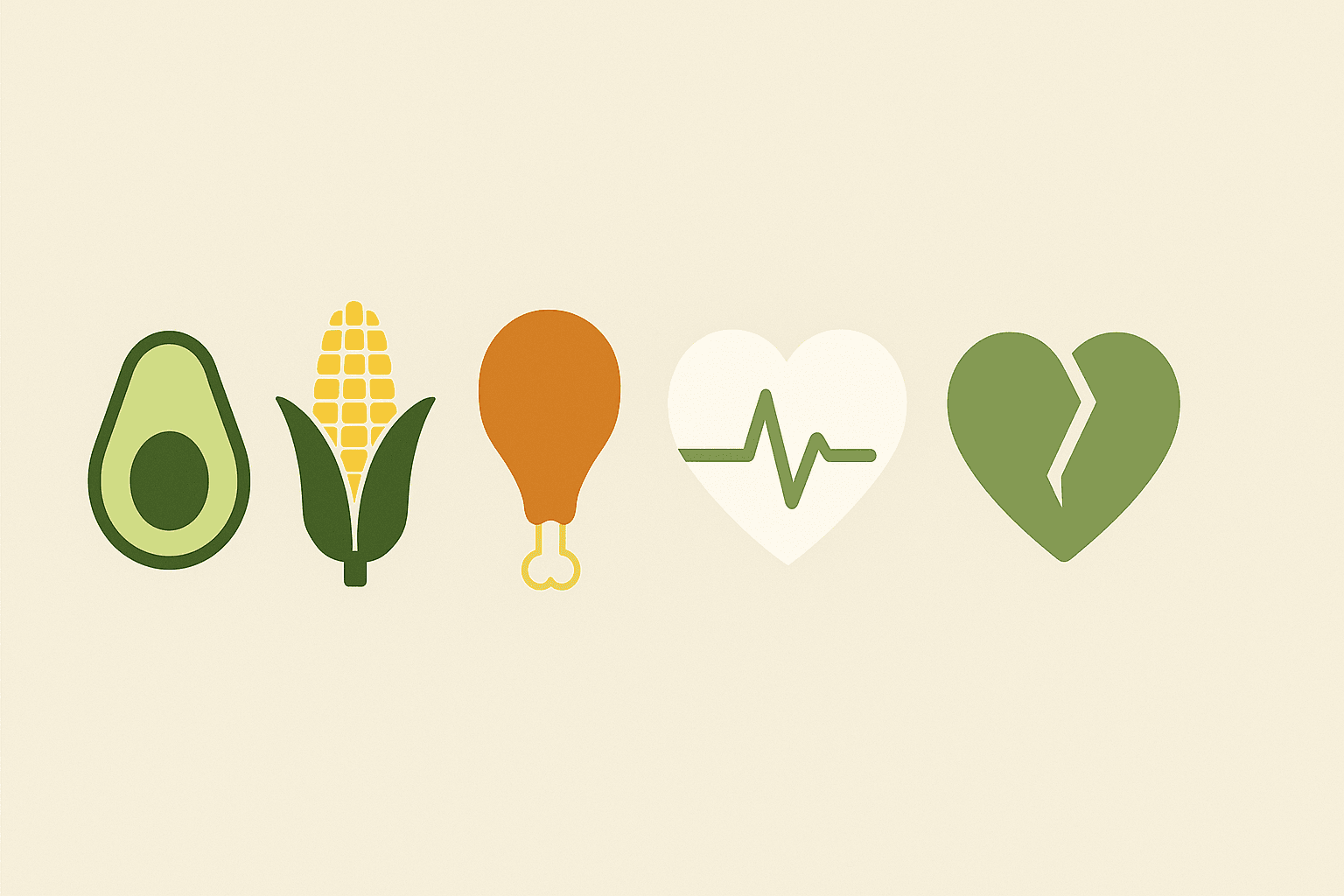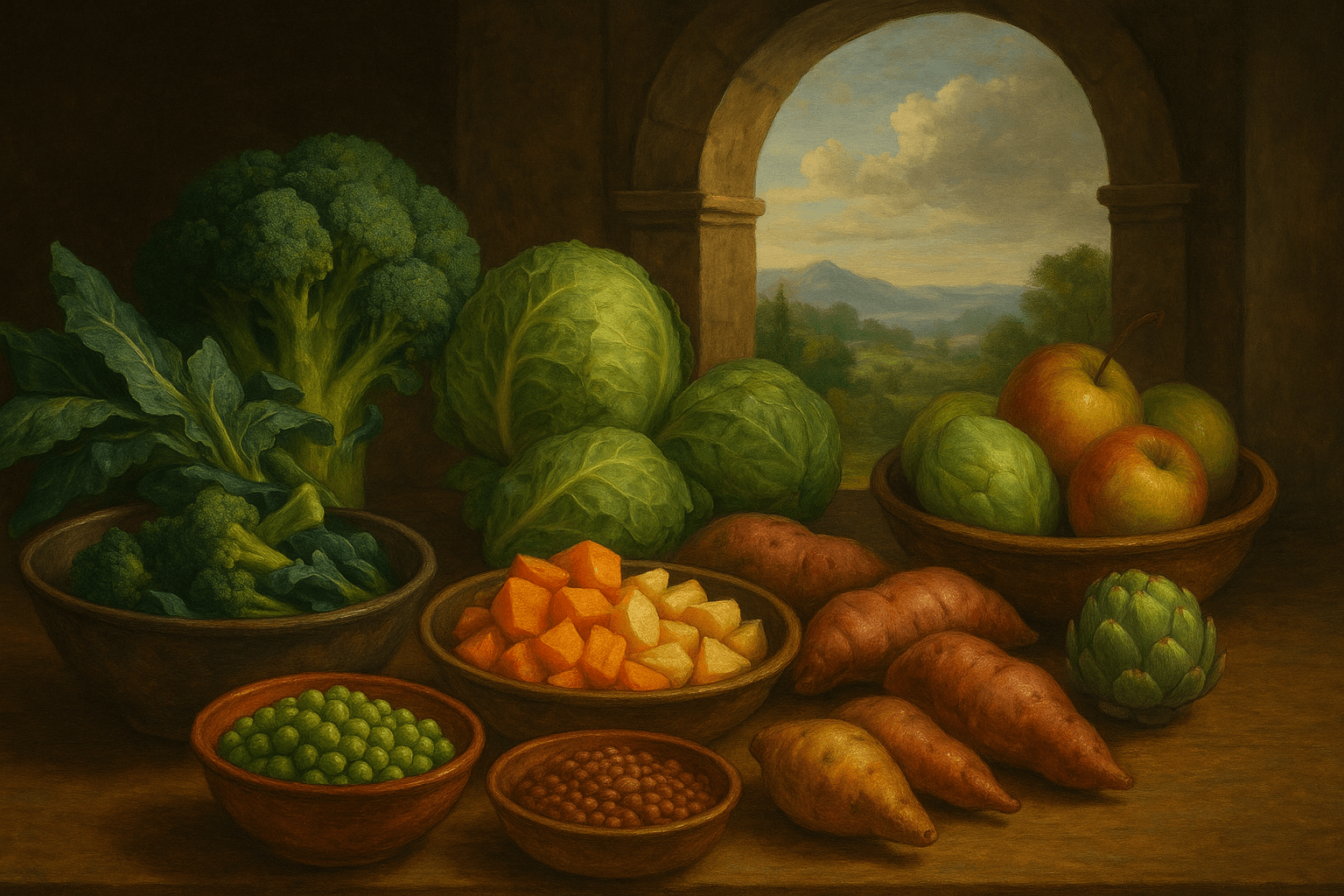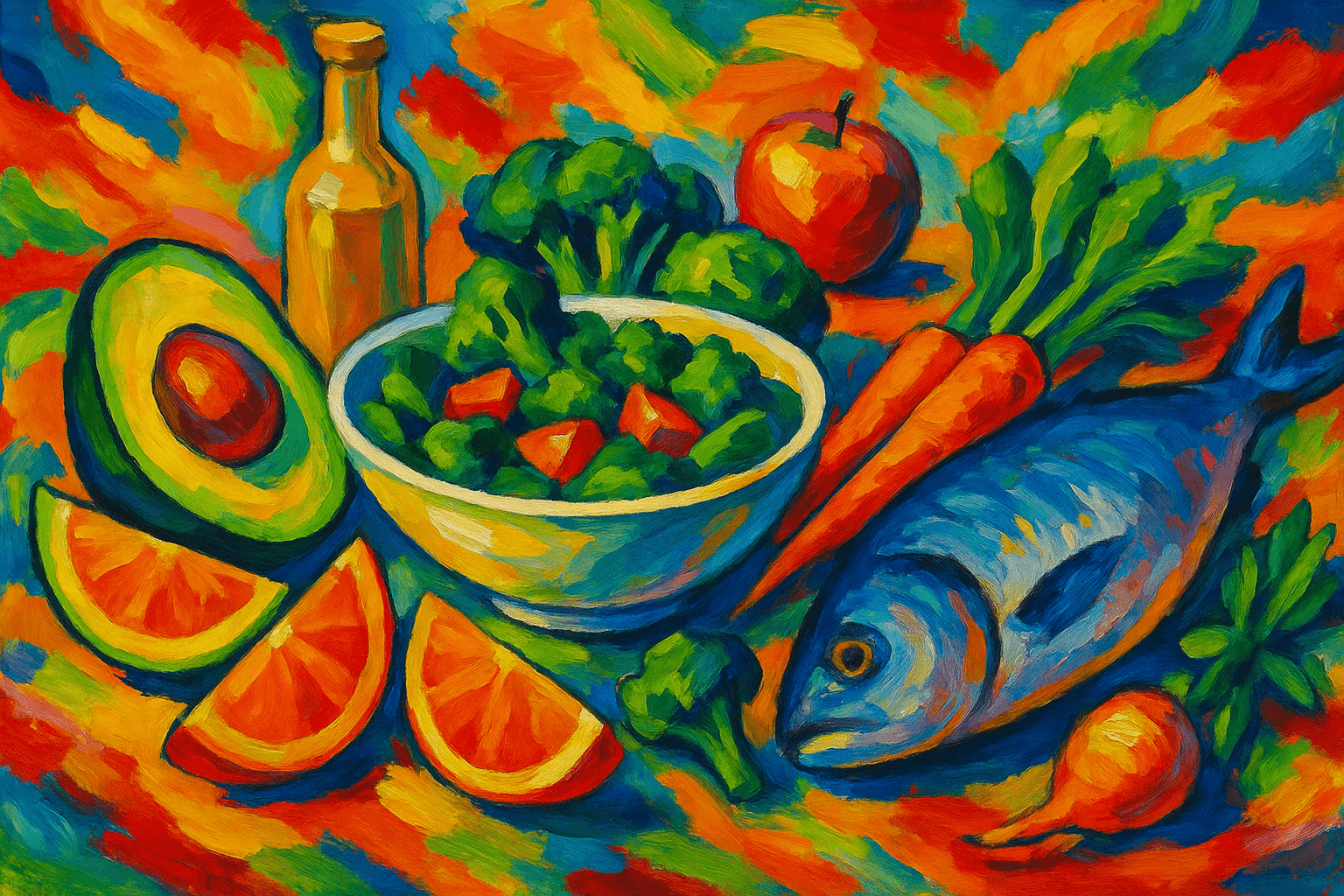Special Diets Demystified: Understanding the Science, Benefits, and Real-Life Fit of Modern Eating Styles
Published on July 26, 2025
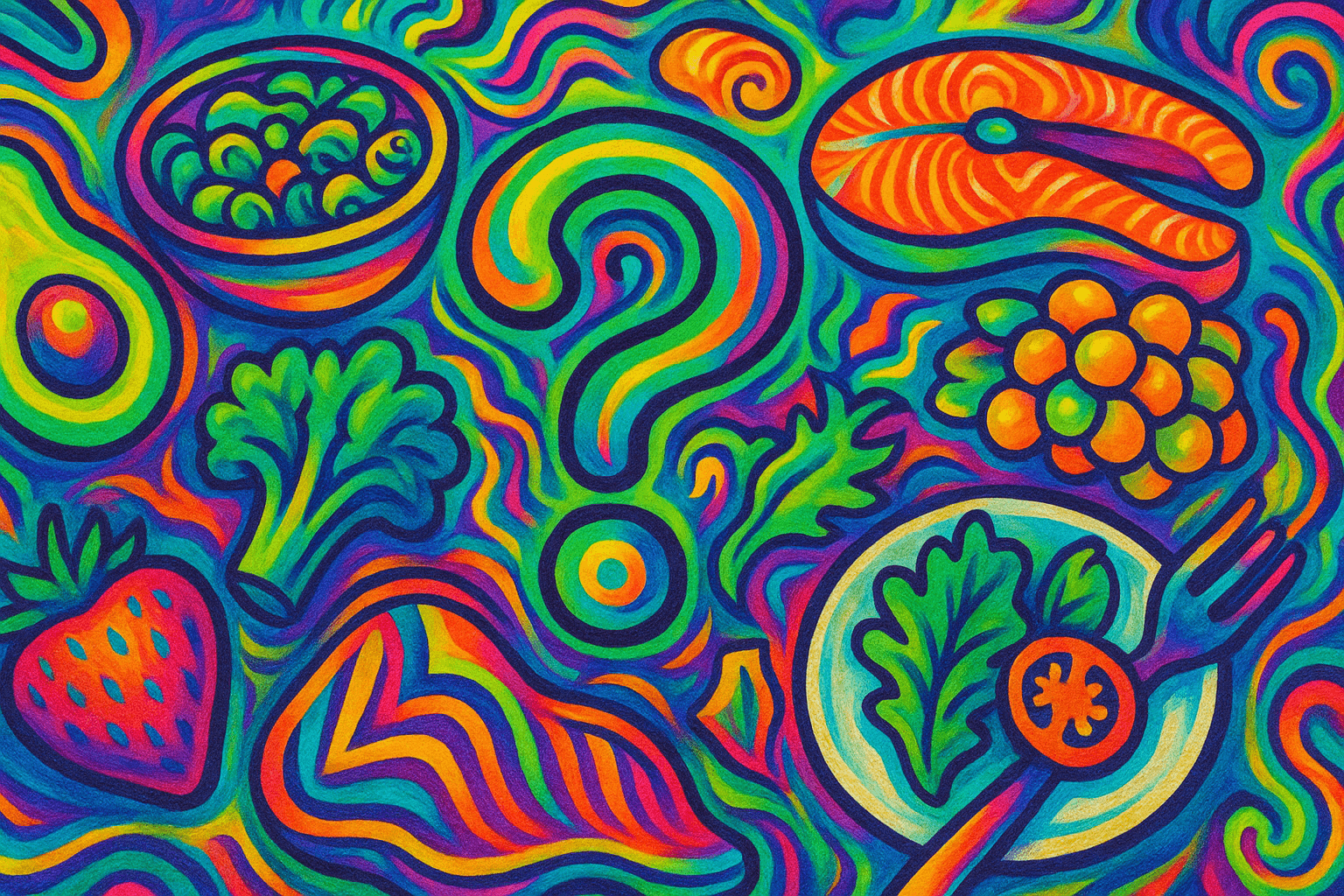
Walk into any supermarket or scroll through your social media feed and you encounter a swirling tide of special diets. There’s keto, which will supposedly make you lose weight rapidly and think more clearly. There’s paleo, challenging you to enjoy the food our bodies were designed to eat. The Mediterranean diet, full of olive oil-soaked vegetables and hundreds of red wines, is revered as the best way to live long. You also will notice plant-based, vegan, gluten-free, DASH, intermittent fasting — and many, many more. It’s like it’s impossible to not know someone with a story to tell — about a friend who shed pounds on keto, a colleague who seems way more energetic now that they’ve gone vegan, a favorite influencer who has turned themselves around by fasting. With all of these options, it’s no surprise that it can feel overwhelming. There are simply too many options, which can be both confusing and anxiety-provoking, with many people feeling frazzled over what they “should” be eating.
Being an overly passionate RD and intrigued nutrition enthusiast, I’ve committed my purpose to sifting through the noise. I’ve spent years looking at the science, working with individuals and trying to understand how these various diets play out in real life, not just in a lab or on Instagram. The truth? There also isn’t one perfect, “one-size-fits-all” type of diet that is going to work for everyone. We have different bodies, different lives, different cultures, different preferences. What for one person is amazing might make another person feel deprived or overwhelmed. The point is to get a sense of exactly what each way is, what the science has to say about it and how well it matches up with what you want to accomplish, so you can make choices from a place of confidence and empowerment — rather than constantly flogging yourself about every fad or guilt-tripping.
What Makes a Diet “Special”?
A special diet is any kind of eating regimen that has specific parameters or restrictions — sometimes for medical reasons, sometimes for health or weight, for ethics or just plain curiosity. Others are based on age-old practices or spiritual belief systems. Others have burst onto the scene because of new research, bestselling books or celebrity endorsements. But popularity and trendiness aren’t what matters most when evaluating a diet — scientific backing, where you stand with it, and if it really helps you feel better are what really count — and if it does, that is a diet that’s worth evaluating in greater detail.
Deep Dive: Special Diets That Are Gaining Steam
Mediterranean Diet
THE DIET The Mediterranean diet borrows from the cuisines of Greece, Italy, and Spain, and other Mediterranean neighbors. It’s rich in vegetables, fruits, whole grains, beans, nuts, olive oil and fish, with moderate poultry, eggs and dairy, and small amounts of red meat or sweets. Meals are slow, convivial, bursting with flavor.
The science:
Decades of research show that this way of eating is linked to lower rates of heart disease, diabetes, cancer and dementia. People in the Mediterranean live longer, healthier, and happier lives with lower rates of chronic disease and happier moods.
Strengths:
It’s yummy and diverse — no food is off limits, and all meals should be enjoyed. It promotes cooking at home, eating from colorful plates and eating together. It’s good for most families, and it accommodates personal preferences nicely.
Limitations:
If you happen to be far removed from the Mediterranean, some ingredients — like fresh fish or specialty produce — may be more expensive or difficult to track down. It’s also labor-intensive, which is a shift if you’re used to convenience foods.
DASH Diet
DASH stands for the Dietary Approaches to Stop Hypertension. It was introduced as a treatment to lower blood pressure but has long been regarded as one of the best diets for heart health overall. The DASH plate is filled with fruits, vegetables, whole grains, low-fat dairy, lean proteins, nuts and seeds and low residue of sodium, sweets and processed foods.
The science:
Numerous studies have proved that DASH lowers your blood pressure and cholesterol and halts atherosclerosis, while it can help you lose weight on this heart-healthy diet.
Strengths:
It’s reasonable, it’s workable and it’s not radical. You can customize it for any age, and you don’t have to eliminate whole food groups. Dishes are comforting and family-oriented so you can easily share with others.
Limitations:
Reducing sodium can be challenging when getting food from restaurants or packaged products. Understand, you may have to invest time in reading labels and acquiring new recipes.
Low-Carb and Keto Diets
Low-carb diets restrict starchy foods like bread, pasta, rice, potatoes and sugars. Rather, meals are constructed around protein, fat and nonstarchy vegetables. Keto goes one step further — ultra-low in carbohydrates, very high in fat and moderate in protein, intentionally transforming your body into ketosis.
The science:
They can be effective for losing weight quickly and for improving blood sugar levels — at least in the short term, and particularly among people with type 2 diabetes or insulin resistance. Some people have decreased hunger and cravings. Nevertheless, their long-term effects, safety, and nutritional adequacy are being scrutinised.
Strengths:
Poor adherence on a ketogenic diet prevents more than half of those who try it from reaching therapeutic ketosis, despite the relative popularity of a “yes/no” food list, and initial weight loss can be an encouragement. There is a loss of appetite, and the blood sugar often normalizes.
Limitations:
For some, this is simply not sustainable in the long run. Social events, dining out, travel — those can be challenging. Low-carb diets can sometimes lack in fiber and certain vitamins if they are poorly planned, and “keto flu” — headaches, fatigue and mood swings — is common at first.
Plant-Based, Vegetarian, and Vegan Diets
Eating a more plant-based diet requires letting vegetables, fruit, beans, whole grains, nuts and seeds dominate your plate. Vegetarians may eat dairy and eggs; vegans eat no animal products.
The science:
Plant-based diets are associated with reduced risks of heart disease, cancer, obesity and diabetes. They’re also packed with fiber, antioxidants and phytonutrients, which are thought to promote gut health and anti-inflammation.
Strengths:
Good for your body, good for the planet. These diets are not rigid, are easy on the pocket and above all, lead to culinary adventures. There is no culture or taste preference that they cannot be customized to.
Limitations:
Vegans, and some vegetarians, in particular need to pay attention to protein, vitamin B12, iron, calcium and omega-3 fatty acids — in some cases relying on fortified foods or supplements. And a note of caution about “junk food veganism”: ultra-processed snack foods and sweets with minimal nutritional value.
Gluten-Free Diet
This subscription is crucial for people who need gluten-free options. It cuts out wheat, barley and rye, and the products that contain them. The gluten-free food industry has exploded, making breads, pastas and treats readily accessible.
The science:
Going gluten-free is a lifeline for some people, if your life is on the line: the way to protect the gut, if that or a specific set of symptoms such as pain, fatigue, or brain fog — or all of them — are making life completely unlivable. For most people, however, there’s scant evidence that it provides further health benefits.
Strengths:
Easier than ever, and plenty of naturally gluten-free foods (rice, potatoes, corn, beans, fresh fruits and veggies) are healthy and satisfying!
Limitations:
Specialty gluten-free foods can be costly and, if overly processed, less nutritious. Social eating is complicated, and dining out takes extra vigilance.
Paleo Diet
The paleo diet is based on the premise that we should eat like our ancient hunter-gatherer ancestors — meat, fish, eggs, nuts, seeds, fruits, vegetables. It also eliminates grains, legumes, dairy and all processed foods.
The science:
Some supporters say they feel more energetic and have fewer cravings for processed foods, although the long-term evidence is mixed. That diet is not without problems, however, and makes some key exclusions, such as healthful foods like beans, whole grains and certain vegetables.
Strengths:
Helps you concentrate on whole, real foods and takes out processed snacks. That could translate to more time in the kitchen and more attention paid to individual ingredients.
Limitations:
Can’t be expensive and is sometimes less casual. Some also miss nutrient-rich fiber found in legumes and grains.
Intermittent Fasting
With intermittent fasting, it’s not just what you eat, but when. Popular patterns which are effective for some people involve eating within an eight-hour window (16:8) or very low-calorie days twice a week (5:2).
The science:
There are indications that intermittent fasting can help with weight loss, blood sugar control and inflammation. For many, that simplicity of life is appealing — fewer meals, fewer decisions.
Strengths:
No need for special foods. Some people find fasting helps them tune in to their natural hunger cues, and it can be conducive to certain lifestyles.
Limitations:
Can be socially difficult (meals out, holidays), or if change your routine. Not suitable for everyone — including children, pregnant or breastfeeding women and people with a history of eating disorders, or some people with more chronic conditions.
Low-FODMAP Diet
This special diet was developed specifically for those suffering from irritable bowel syndrome (IBS). It cuts out certain hard-to-digest carbs and then gradually reintroduces them to find triggers.
The science:
For many IBS patients, the low-FODMAP diet has been shown to reduce symptoms such as bloating and pain.
Strengths:
When done properly, with guidance, it can change your life for the better in terms of digestive health.
Limitations:
It is arduous and complicated, it is not designed for long-term use, and it should be performed with a registered dietitian’s assistance if at all possible.
The Best Special Diet for You
There is no right plan for everyone — there is only the plan that nourishes your body, works within your life and feels joyful and sustainable.
Begin with your goals: You want more energy, better digestion, weight loss, muscle gain or a health issue that you’d like to manage.
Speak to a professional: Discussing with your doctor or a registered dietitian before making radical changes is always a smart idea, especially if you have any medical concerns.
Seek science, not hype: Opt for eating patterns supported by sound scientific research and real-world experience, not the latest fad.
Experiment and adjust: You don’t like the diet? It feels too restrictive, it makes you unhappy, it doesn’t fit into your real life? Test it out and give yourself permission to adjust, or try something else.
Check in with yourself: How do you feel —alert, full, happy? Or tired, irritable, and stressed? Let your body be your guide.
Beyond Diet: Finding Freedom and Power In Love و الحياة Through Food and Body
No diet is going to make you healthy and vibrant if it feels like punishment and saps all the joy from your life. The most successful eaters find an eating style that facilitates their goals, aligns with their life and endures long after they’ve celebrated accomplishments, not just the process itself. Test, play around, and learn what works for you.
Food is so much more than fuel — it’s joy, celebration, comfort and culture. The best “special” diet for you is the one that gives you confidence and well-being and freedom in your days and in your life, on your terms at any given time, every single day.



